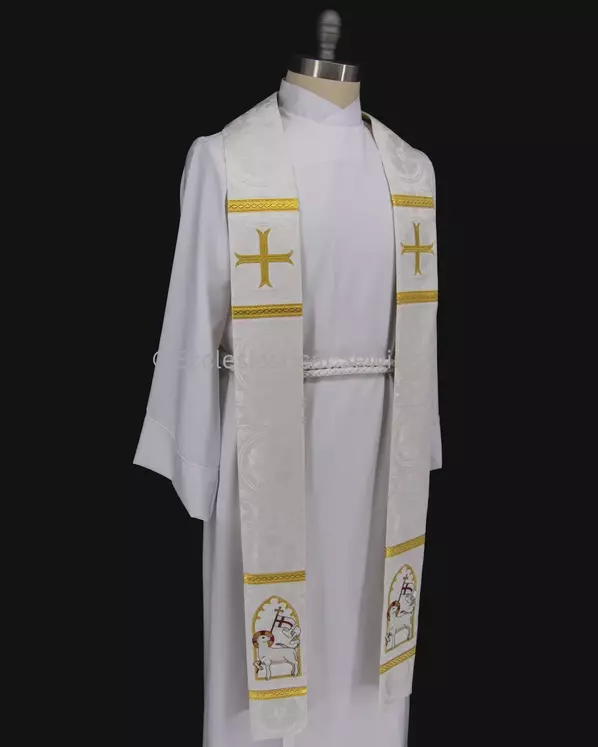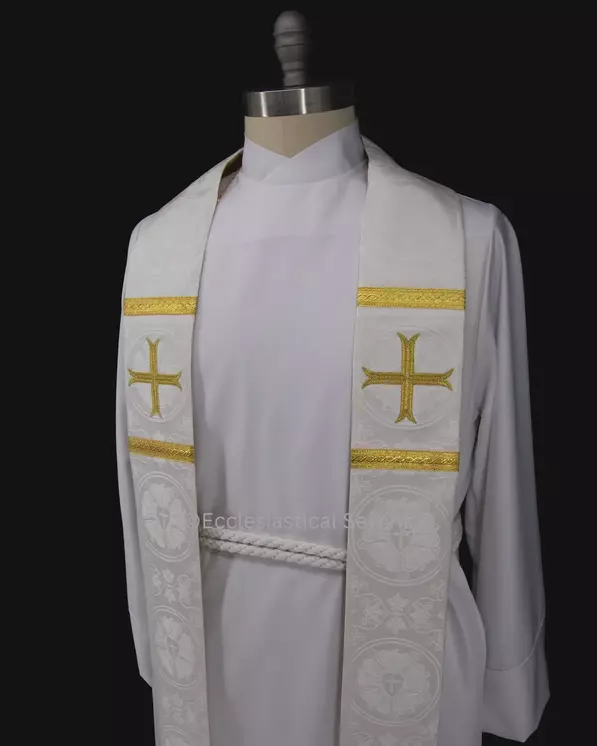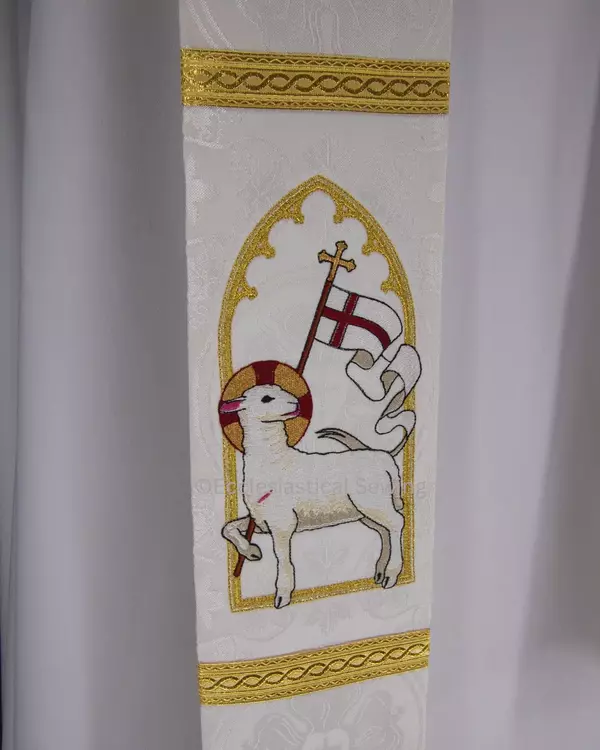Sheep? Dirty and Unintelligent?
Sheep? Dirty and Unintelligent?
What’s with the sheep? Aren’t they dirty and stereotyped as being unintelligent?: The Agnus Dei, Latin for “Lamb of God,” represents a pivotal idea as a symbol, encapsulating Jesus Christ’s role as the sacrificial offering for humanity’s sins, imbued with connotations of innocence, purity, and sacrifice. This symbol’s significance is anchored in the Gospel of John (1:29), where John the Baptist heralds Jesus as the one who “takes away the sin of the world,” linking Jesus to the Old Testament’s sacrificial lambs and positioning Him as the ultimate sacrifice for sin. The emblem of the lamb has played an integral role in Judeo-Christian iconography and liturgy since the early church, reflecting Christ’s peaceful and victorious conquest over death and sin. It prominently features during the Mass’s fraction rite, underscoring the belief in Jesus’ redeeming sacrifice.
Uniqueness of Christian Redemption
The notion of God offering His only Son for humanity’s redemption is a central theme unique to Christianity, highlighting a focus on love, grace, and forgiveness, in contrast to the emphasis on ritualistic or legal adherence found in other religions. This perspective showcases a transformative understanding of the divine-human relationship, rooted in love and forgiveness, and underscores the themes of reconciliation, redemption, and renewal through Jesus’ resurrection.
Agnus Dei: Emblem of Faith and Love
Today, the Agnus Dei remains a profound emblem of faith, hope, and love within the Church, reminding believers of Christ’s sacrificial love. It invites all to embody Gospel values in a world seeking mercy and reconciliation. It symbolizes Jesus’ sacrifice and His enduring presence in believers’ lives, encouraging them to live by the principles of compassion and forgiveness.
Let us draw inspiration from its symbolism to cultivate compassion and forgiveness in our interactions with others.
If you enjoyed learning about the Agnus Dei, please share your thoughts with us. Your insights are greatly appreciated!
Be sure to visit our online store front Ecclesiastical Sewing where you may shop for Liturgical Fabrics, altar linen fabrics, church vestment-making patterns, liturgical machine embroidery designs, church vestment trims and notions and so much more. You may also find us on Ecclesiastical Sewing on Facebook, Twitter, and Pinterest. Sign up for our mailing list at the bottom of the page on our online store front and receive a free copy of our Small Linens Booklet as our way of saying thank you for following along.
Why do we use purple during Lent?
From the Beginning in The Tale of Two Lambs
Agnus Dei Progress









 RSS - Posts
RSS - Posts
You must be logged in to post a comment.